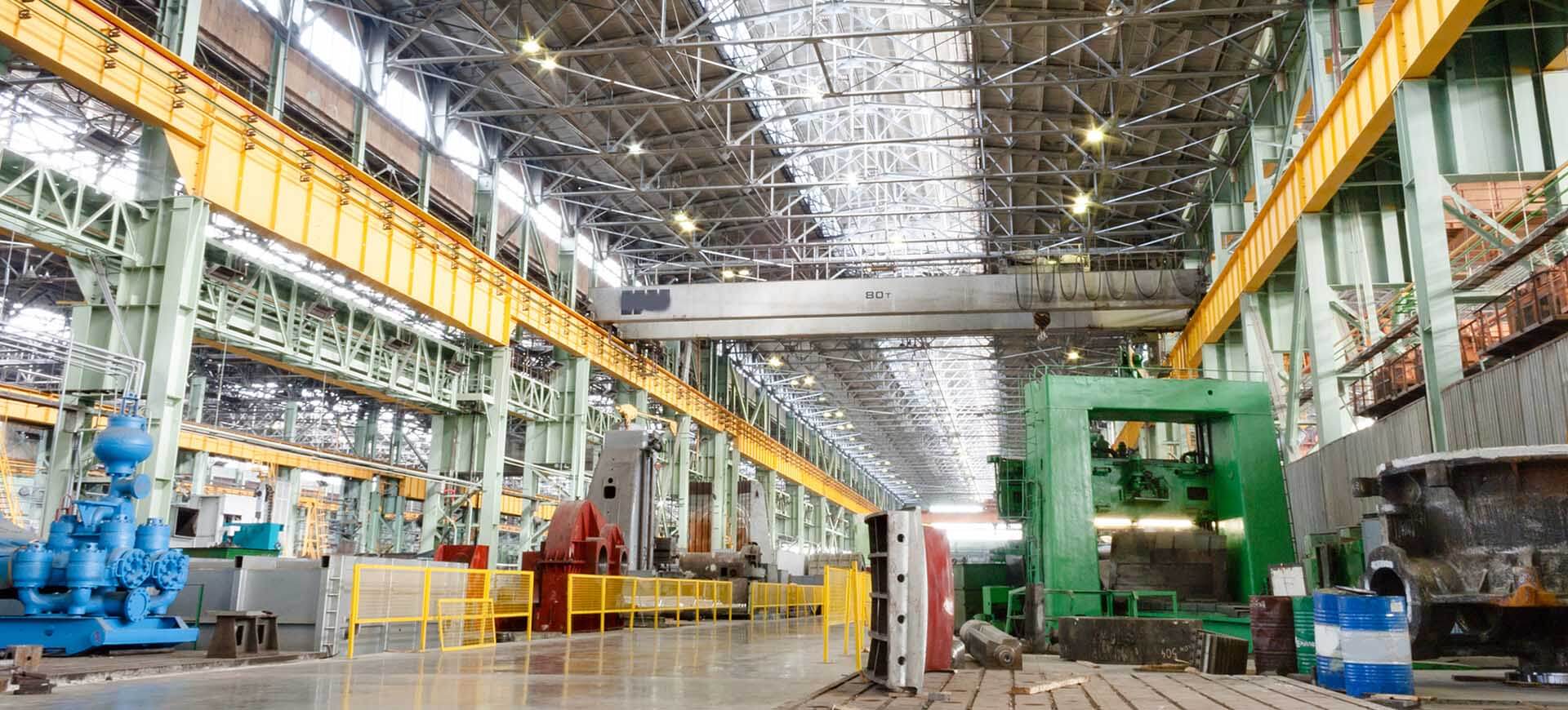Machine intelligence: Drive value from big data

It is estimated that AI technology, including machine learning, will have a favorable impact on the global economy. A recent report by PwC stated that due to AI capabilities, the global GDP will be 14% higher in 2030. Machine learning (ML), also commonly known as machine intelligence or expert systems will enable industries and businesses to advance their current capabilities.
Business leaders emphasize on optimum utilization of available resources. The focus is on improving business processes and increasing productivity. But it seems in the current state of industrial processes, everything is already optimized. It is difficult to gain any extra improvements without significant upfront investments. Machine intelligence, particularly when employed to analyze Big Data, provides a low-cost solution to this problem.
The impact of machine learning: Global GDP will be 14% higher in 2030
For last five years at least, machine learning has been a buzz word in the IT industry. Its application and use in other industries are evolving. The purpose of this blog article is to make readers aware of how expert systems help in improving industrial processes. We will discuss basics such as what is machine learning and how does it help industrial processes by providing some common examples.
Expert Systems
Let’s begin with how expert systems work. Machine learning algorithms enable the machines to learn from the volumes of data available to it. In other words, the machine can learn from its environment and refine its tasks without depending on the rule-based programming. For instance, with extensive log data from production line ML predicts the final quality of particular batch and stops further processing that batch at an early stage, if necessary. Machine learning is therefore also considered a branch of artificial intelligence (AI).

Machine learning is essential to make sense of Big Data. Without these algorithms, Big Data is a useless heap of numbers. Big data is the term applied to data that has large volume and velocity. A common example would be data obtained from sensors, that measure a great number of parameters along the chemical production process. But given the large volume of the data, it is not humanly possible to analyze these data. Machine algorithms can use these data to optimize usage of input such as chemicals, catalysts, chemical agents. Reduced consumption of chemicals not only reduces costs but is also environment-friendly. Machine algorithms help industries gain insight from Big Data obtained from various resources such as sensors, logs, or internet of things (IoT)
A data scientist develops machine intelligence through several approaches. One widely discussed approach is ‘neural networks’. Taking inspiration from the human brain and its complexities, the programmers have developed neural networks which are algorithms to identify images or patterns. Unlike human brain, the machines do not get fatigued and can do tasks with speed and accuracy. A good data scientist matches the approach with the task at hand. Machine learning provides various capabilities such as automated predictive analysis, process automation, improving operational efficiencies and develop a better understanding of customers. Furthermore, machine learning helps in detecting deviations from patterns. It also helps to predict when a device (turbine for example) is going to break down. This is failure prediction task. To summarize, data scientist employs machine learning to optimize business processes and curb unusual activities.
Machine Learning for Big Data is essential
Machine learning is easy to implement for businesses/industries, including small and mid-size organizations. It dramatically increases the productivity without requiring redesigning of the processes. In most cases manufacturing facilities already log hundreds of parameters from their processes. ML reads those parameters to offer guidance regarding the element of a production line to tune in order to optimize the quality of final product. This can be changes of temperatures, timing, amount of input chemicals, input raw materials, catalysts. The system is programmed to work in a fully automatic mode or only to provide an existing operator with recommendations.
Machine learning has a short deployment cycle that spans over few weeks and it provides an immediate return on investment. In a recent survey, the participants reported that for machine learning the return on investment was quantifiable and was observed in early stages of implementation. The use of machine learning is not limited to one industry but can be applied across industries such as aviation, healthcare, telecommunication, and retail. Machine learning can contribute to environmental improvement too. For an industry such as oil & gas, it can identify high demand, high-risk situations. In general, it can help identify stressors, hazardous materials in the environment (e.g., hospitals). This further adds to global benefits of machine learning.

According to machine learning experts from BitRefine group that offers machine learning solutions, even fully optimized processes of chemical industry, heavy machinery, automotive can achieve 5-10% of efficiency, thanks to ML. There is no doubt that within a decade most traditional industries will integrate ML into their processes for boosting profit (or savings). At a global scale, industrial sector generates revenues over $25 trillion. ML applications have a potential of saving 5% (approx. $1 trillion) or more in almost all industries without heavy investing. The future holds exciting promises.
Machine intelligence will save $1 trillion for industrial sector globally
September 12, 2017
Related Solutions